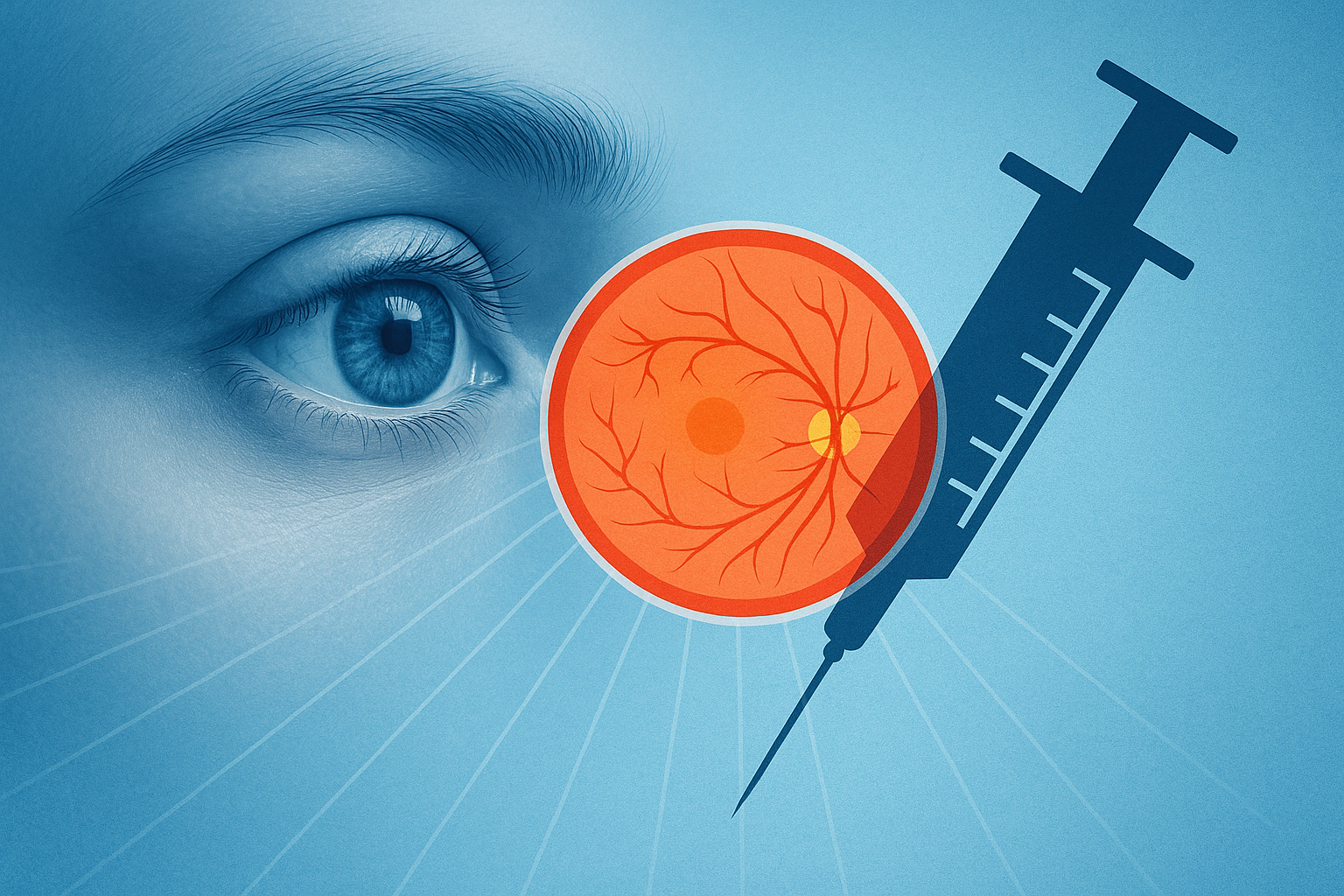Dr. Erin Lally of Summit Eye Surgeons in San Jose, CA is a board-certified ophthalmologist with advanced training and deep expertise in the diagnosis, management, and treatment of diabetic retinopathy.
What is Diabetic Retinopathy?
Diabetic retinopathy is a common eye condition that can develop in people with diabetes and may lead to vision loss if left untreated. It occurs when high blood sugar levels damage the blood vessels in the retina, the light-sensitive tissue at the back of the eye.
How Does Diabetes Affect My Eyes?

The retina, a light-sensitive tissue lining the back of the eye, is integral to our vision. It’s like the screen in a camera, capturing images and sending them to the brain. Diabetes can wreak havoc on this delicate tissue, mainly through its impact on the retina’s blood vessels. When these vessels are affected, a number of complications can arise.
- Diabetic Retinopathy
- Diabetic Macular Edema (DME)
- Cataracts
The leading cause of vision loss among people with diabetes is diabetic retinopathy.
It stems from high blood sugar damaging the retina’s blood vessels, causing them to swell, leak, or become obstructed. In advanced stages, new abnormal blood vessels can proliferate, leading to further complications.
Symptoms of Diabetic Retinopathy
Symptoms of diabetic retinopathy can develop gradually and may not be noticeable in the early stages. As the condition progresses, common symptoms include:
- Seeing spots, floaters, or strings in your field of vision
- Blurred vision
- Fluctuating vision
- Dark or empty areas in your vision
- Difficulty seeing at night
- Sudden vision loss
Contact your eye doctor right away if you have sudden changes to your vision or you notice any of the above symptoms.
Why A Hemoglobin A1C Blood Test For Diabetics Is Essential
Hemoglobin A1C is a blood test that gives an average of your blood sugar levels over the past two to three months. Ideal A1C levels are generally below 6.5% for most adults with diabetes. A higher A1C level increases the risk of diabetic retinopathy and other complications. Keeping your A1C in check provides a clearer picture of your overall diabetes management and reduces the chances of developing diabetic eye diseases.
I Have Diabetes, How Do I Prevent Complications?
Prevention is primarily about effective diabetes management:
- Regular Eye Examinations: Annual comprehensive dilated eye exam is vital. Early detection and timely intervention is very important.
- Control Blood Sugar Levels: Consistently maintaining blood sugar within the recommended range mitigates the risk of vascular eye damage.
- Manage Blood Pressure and Cholesterol: Keeping these factors under control will directly impact eye health.
- Quit Smoking: Smoking can accelerate diabetic retinopathy.
- Stay Informed: Understanding diabetes and its potential complications empowers you to make informed health decisions.
Treatments For Diabetic Retinopathy
While the best treatment to prevent the development of diabetic retinopathy is strict blood sugar and blood pressure control, several specific treatments can help to preserve and restore vision.
Strict Glucose Management
Intensive diabetes management can significantly decelerate the progression of retinopathy. Collaborate closely with your endocrinologist or primary care physician.
Injections
Medications such as anti-VEGF agents and corticosteroids can be injected into the eye. These can:
- Reduce swelling of the macula
- Decrease the growth of abnormal blood vessels
- Prevent progressive vision loss
Related Posts

How Anti-VEGF Injections Protect Your Vision
Laser Treatments
Effective in sealing off leaking blood vessels and curtailing the growth of abnormal vessels.
Vitrectomy
For advanced retinopathy where blood leaks into the vitreous, this procedure removes the blood and vitreous, replacing it with a clear solution.
Remember, treatment is a collaborative effort. Engaging with your ophthalmologist, primary care provider, and endocrinologist ensures a comprehensive approach, maximizing your chances of maintaining excellent eye health.
With awareness, proactive management, and the collaborative efforts of your medical team, diabetes can be managed! My mission as an ophthalmologist is to steer my patients toward optimal eye health with the latest technology and practices. For all diabetics, regular check-ups and adherence to medical advice are paramount. Cherish your vision, and with the right care, it will serve you brilliantly for years.


